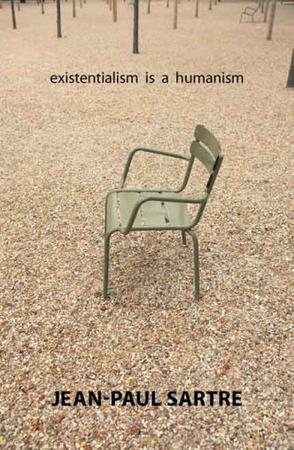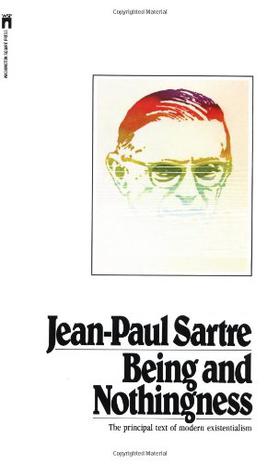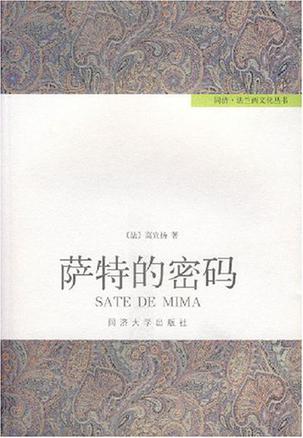-

Nausea
The classic Existentialist novel, with a newintroduction by renowned poet, translator, and critic Richard Howard. Winner of the 1964 Nobel Prize for Literature, Jean-Paul Sartre, French philosopher, critic, novelist, and dramatist, holds a position of singular eminence in the world of letters. Among readers and critics familiar with the whole of Sartre's work, it is generally recognized that his earliest novel, La Nausée (first published in 1938), is his finest and most significant. It is unquestionably a key novel of the twentieth century and a landmark in Existentialist fiction. Nausea is the story of Antoine Roquentin, a French writer who is horrified at his own existence. In impressionistic, diary form he ruthlessly catalogues his every feeling and sensation. His thoughts culminate in a pervasive, overpowering feeling of nausea which "spreads at the bottom of the viscous puddle, at the bottom of our time—the time of purple suspenders and broken chair seats; it is made of wide, soft instants, spreading at the edge, like an oil stain." Roquentin's efforts to come to terms with life, his philosophical and psychological struggles, give Sartre the opportunity to dramatize the tenets of his Existentialist creed. -

Being and Nothingness
在线阅读本书 The central work by one of the world's most influential thinkers, this classic altered the course of western philosophy. It is without doubt one of the most significant books of the twentieth century. -

Existentialism Is a Humanism
It was to correct common misconceptions about his thought that Sartre accepted an invitation to speak on October 29, 1945, at the Club Maintenant in Paris. The unstated objective of his lecture ("Existentialism Is a Humanism") was to expound his philosophy as a form of "existentialism," a term much bandied about at the time. Sartre asserted that existentialism was essentially a doctrine for philosophers, though, ironically, he was about to make it accessible to a general audience. The published text of his lecture quickly became one of the bibles of existentialism and made Sartre an international celebrity.The idea of freedom occupies the center of Sartre's doctrine. Man, born into an empty, godless universe, is nothing to begin with. He creates his essence--his self, his being--through the choices he freely makes ("existence precedes essence"). Were it not for the contingency of his death, he would never end. Choosing to be this or that is to affirm the value of what we choose. In choosing, therefore, we commit not only ourselves but all of mankind.This edition of "Existentialism Is a Humanism" is a translation of the 1996 French edition, which includes Arlette Elkaim-Sartre's introduction and a QandA with Sartre about his lecture. Paired with "Existentialism Is a Humanism" is another seminal Sartre text, his commentary on Camus's "The Stranger." In her foreword, intended for an American audience, acclaimed Sartre biographer Annie Cohen-Solal offers an assessment of both works. -

Being and Nothingness
-

Huis Clos
No exit, unabridged. Edition of Sartre's well known existentialist novel. -

萨特的密码
2005年是萨特诞生100周年和逝世25周年。人们惊奇地发现,这位20世纪的哲学家和文学家的哲学理论、文学创造和社会实践,仍然具有强烈的历史意义和现实价值。本书没有局限于萨特本人的历史,也不只是讲述和分析萨特个人的思想及其著作,而是评述他所处的时代和思想发展过程,尽可能论及当时法国哲学的状况及其争论过程,以重新评价这位哲学家和思想家丰富的精神遗产。本书作者收集了大量的新资料,特别是补充了萨特逝世四分之一世纪后所发现的,使本书更多地反映历史和时代对萨特的研究成果。本书适合于大学哲学系、中文系学生和法国哲学、文学研究者阅读。